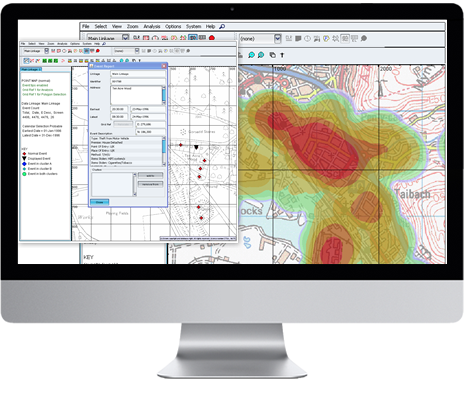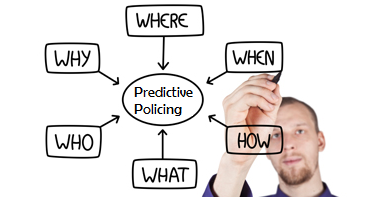For law enforcement and other police service agencies, the ability to rapidly manage and interpret massive amounts of data is of paramount importance. Front line officers require timely and accurate data that enables intelligence-led decision making, and officers must be deployed proactively in order to deter and prevent criminal behavior.
 As we have written before, the true lifeblood of effective policing is data. With disparate and poorly integrated systems, however, the intelligence that can be gleaned from that data is mitigated. The information is too often hidden or lost.
As we have written before, the true lifeblood of effective policing is data. With disparate and poorly integrated systems, however, the intelligence that can be gleaned from that data is mitigated. The information is too often hidden or lost.
In order to better utilize data – coming from sources such as Records Management Systems, Computer Aided Dispatch, Criminal Intelligence Systems, and other such repositories – innovative law enforcement agencies turn to technology-agnostic, scalable analytics platforms which blend historical and real-time data to both solve today’s crimes and predict tomorrow’s. Supported by purpose-built law enforcement analytics, agencies can keep pace with growing volumes of data and stay one step ahead of the criminals via actionable insights.

For disparate data to be transformed to actionable insights, law enforcement agencies must deal with several challenges:
- Timeliness – Unlike fine wine, data tends to lose value over time. Crime happens in real time, and what was the case six months ago may not be the case today.
- Reliability – The data absolutely must be trusted by the officers entrusted with using it.
- Fragmentation – If the data is overly fragmented or otherwise unavailable, it becomes cumbersome to use and holds little value.
- Auditability – Without a clear and recognized audit trail, agencies are not able to effectively track the decisions made in the field versus what the analytics pointed to.
 An analytics solution helps blend data from disparate sources in order to provide officers with a trusted, single view of the truth. Simply put, the right analytics software will help agencies manage the challenges above.
An analytics solution helps blend data from disparate sources in order to provide officers with a trusted, single view of the truth. Simply put, the right analytics software will help agencies manage the challenges above.
While there has been a ton of negative news related to predictive policing, recently, using an analytics platform approach allows agencies to consolidate, analyze, and utilize ALL of their data. This analysis can – and does – help agencies become more efficient and more effective.